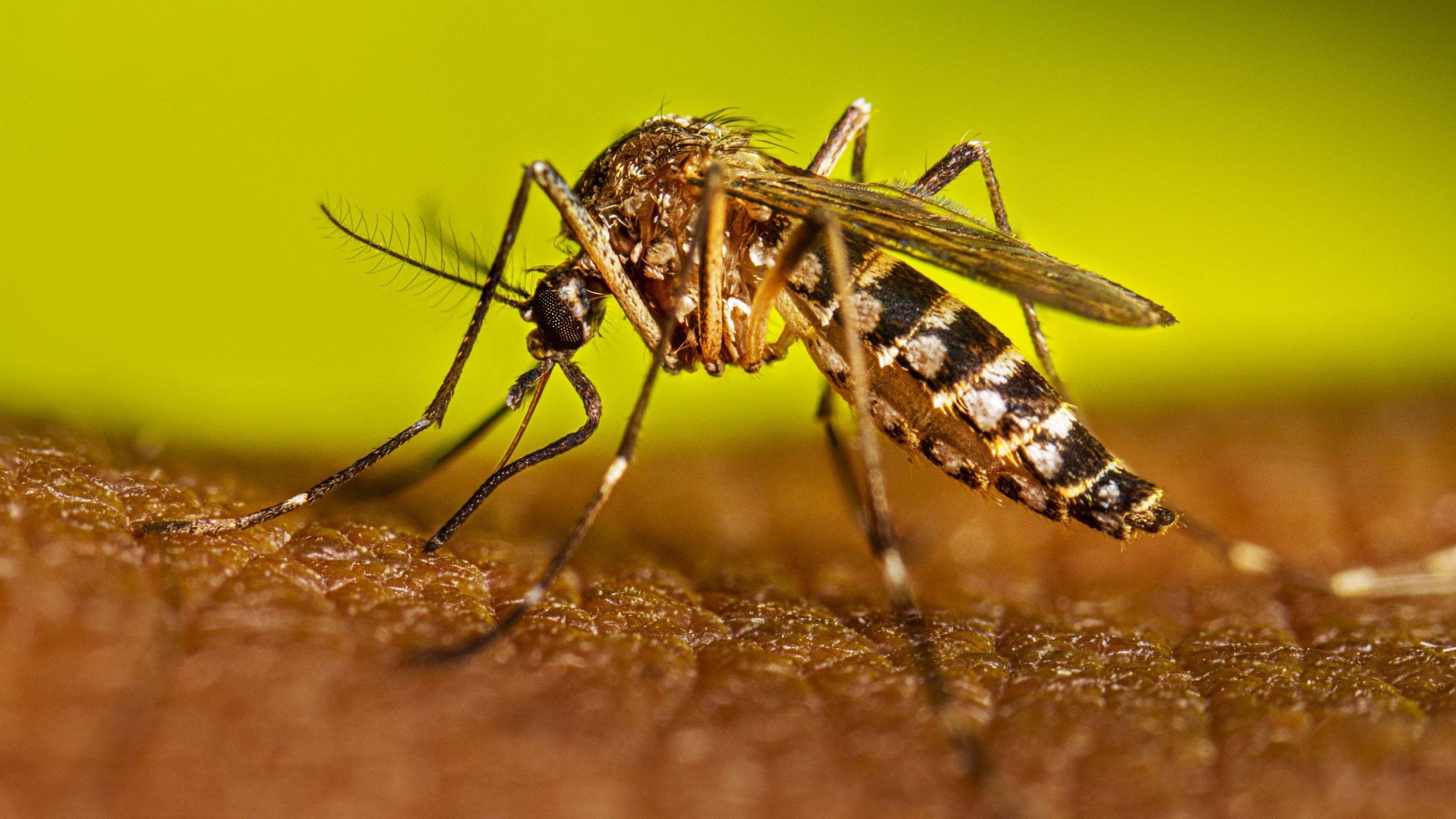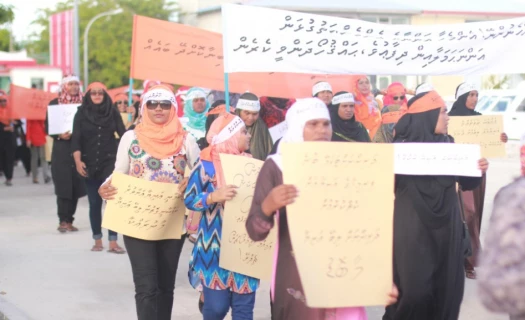Surge in Dengue and Influenza cases reported; public advised to take precautions

Health experts are urging the public to take strict precautions as Dengue and Influenza infections continue to rise rapidly in Malé and several other parts of the Maldives.
Pediatrician Dr. Ahmed Faisal issued the warning in a post on X, noting a significant increase in Influenza cases in the capital.
He said some affected children are presenting with severe symptoms, including intense body aches and difficulty walking, and advised parents to ensure their children are vaccinated against the virus.
Dr. Faisal also highlighted a concerning rise in Dengue cases across Kaafu Atoll.
He said the number of children seeking treatment in Himmafushi and Maafushi is growing steadily, underscoring the need for stronger mosquito-bite prevention measures.
Preventing Dengue
To minimise the risk of Dengue, health authorities recommend the following measures:
Protection from mosquito bites
- Apply mosquito repellents containing DEET, Picaridin (KBR3023/Icaridin), IR3535, OLE, PMD, or 2-undecanone.
- Wear long-sleeved clothing and outfits that cover most of the body.
- Install window screens or use mosquito nets indoors.
- Keep doors and windows closed during peak mosquito activity.
Eliminating breeding sites
- Clean and empty all containers that can collect water at least once a week.
- Ensure plant pots, tanks, and similar items are covered or arranged to prevent water accumulation.
- Dispose of or cover items such as cans, bottles, and construction materials that may trap water.
- Use BTI or Temephos to kill mosquito larvae.
- Introduce larva-eating fish into large stagnant water bodies.
The Health Protection Agency (HPA) notes that Aedes mosquitoes, the carrier of Dengue, can lay eggs in even small containers of clean water.
These eggs can survive for more than six months even after the water is drained, making thorough cleaning essential.
Influenza Prevention
According to HPA, influenza is categorized as one of the optional vaccines but serves as one of the most effective preventive measures against the virus.
Children under 9 years: Two doses, given four weeks apart in the first year, followed by one dose annually.
Children above 9 years and adults: One dose every year.
Annual vaccination is especially recommended for health workers and individuals at higher risk of influenza-related complications, including:
- Pregnant women
- Thalassemia major patients
- Individuals with chronic heart, lung, liver, or kidney disease
- Children under 5 and adults over 65
- Immunocompromised individuals
- Those with diabetes or asthma
Health authorities emphasise that early prevention, timely vaccination, and environmental control are critical to reducing the spread of both illnesses.














